Manchurian Candidate, The (1962)
“Do you realize, comrade, the implications of the weapon that has been placed at your disposal?”
|
Synopsis: |
|
Genres, Themes, Actors, and Directors:
Review: With that said, the screenplay isn’t without flaws. My least favorite characters are Lansbury’s political rival (John McGiver) and his gorgeous daughter (Leslie Parrish), who Harvey is immediately smitten with; I can’t quite get a read on how they’re meant to be viewed, though they clearly serve an integral function in the storyline. Meanwhile, Janet Leigh as Sinatra’s love interest is oddly opaque: she approaches the distressed Sinatra with motherly compassion, speaking in what can only be interpreted as some sort of mysterious code — “I was one of the original Chinese workmen who laid the track on this train.” — then becomes simply a mother-figure Sinatra can lean on for unconditional support during a time of crisis. However, it’s likely she serves a more important function than appearances would indicate (see DVD Savant’s review for an outline of various theories about her character). The film is quite dark — at times satirically so (as in the depiction of Gregory as a spineless political puppet), and at times much more violently (i.e., the disturbing finale to the brainwashing flashbacks, as well as the cold-blooded assassination scenes). This shifting between tones — along with the continuous edits back and forth in time and between perspectives — add to the overall sense of paranoia and unease. Also instrumental to the film’s success are atmospheric cinematography and strategic direction, including good use of extreme close-ups and deep focus to exaggerate the surrealism of the nightmarish situation. Sinatra’s real-life friendship with the Kennedy family simply adds to its historical intrigue. Redeeming Qualities and Moments:
Must See? Categories
Links: |
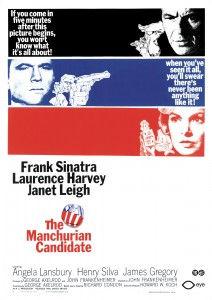
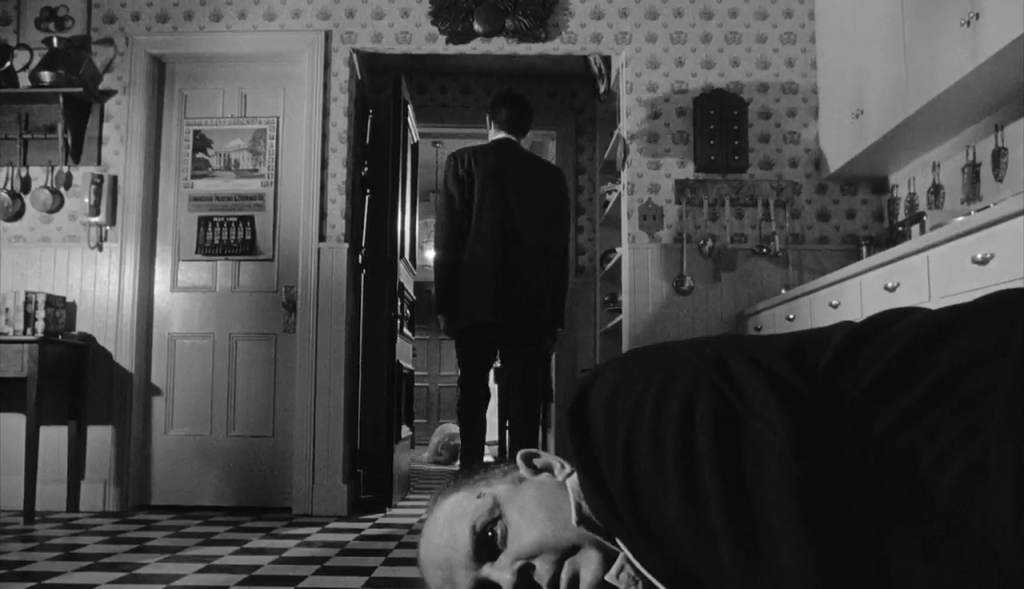
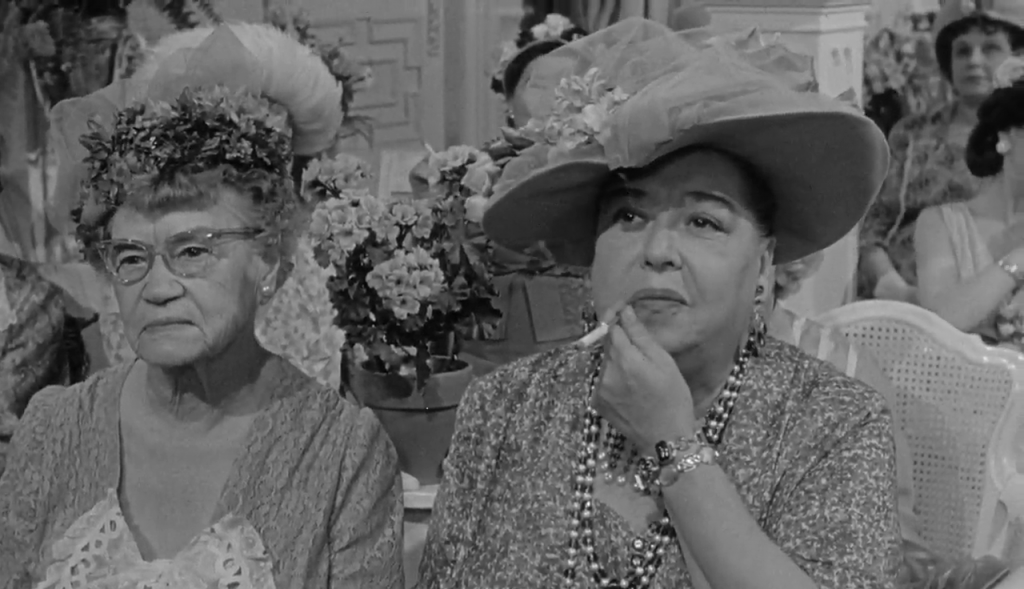
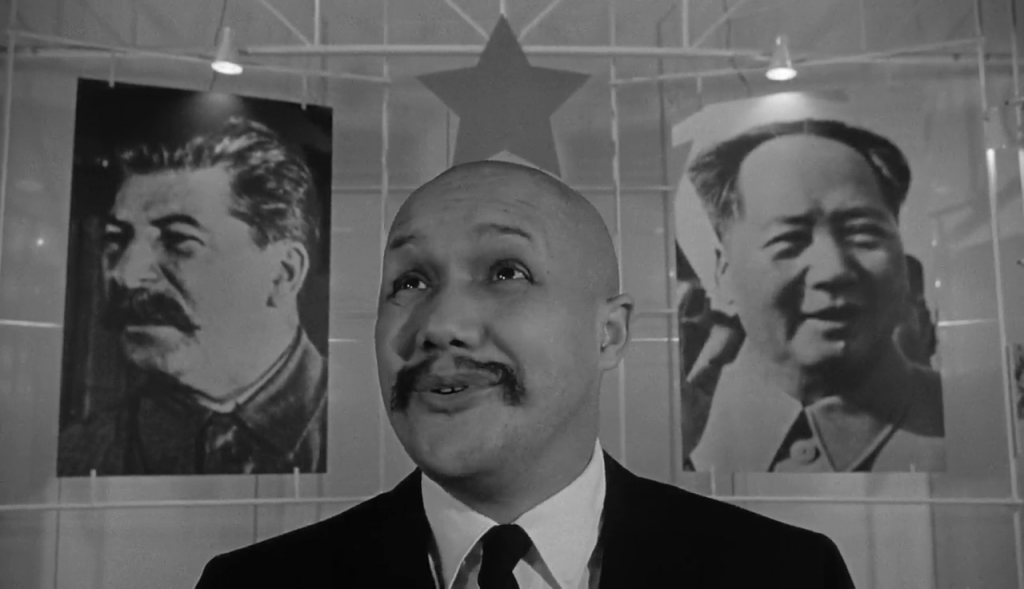
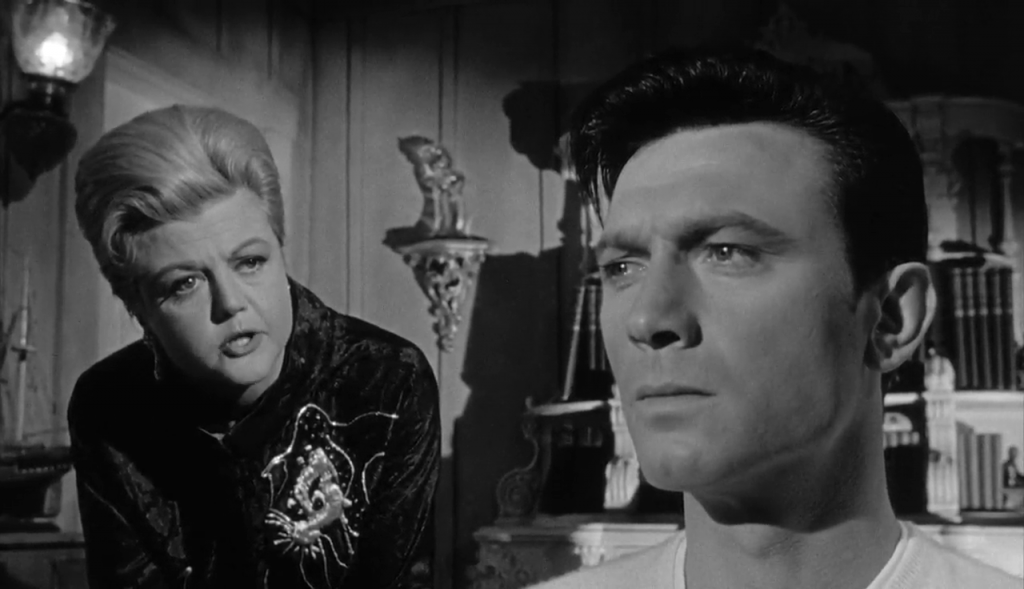
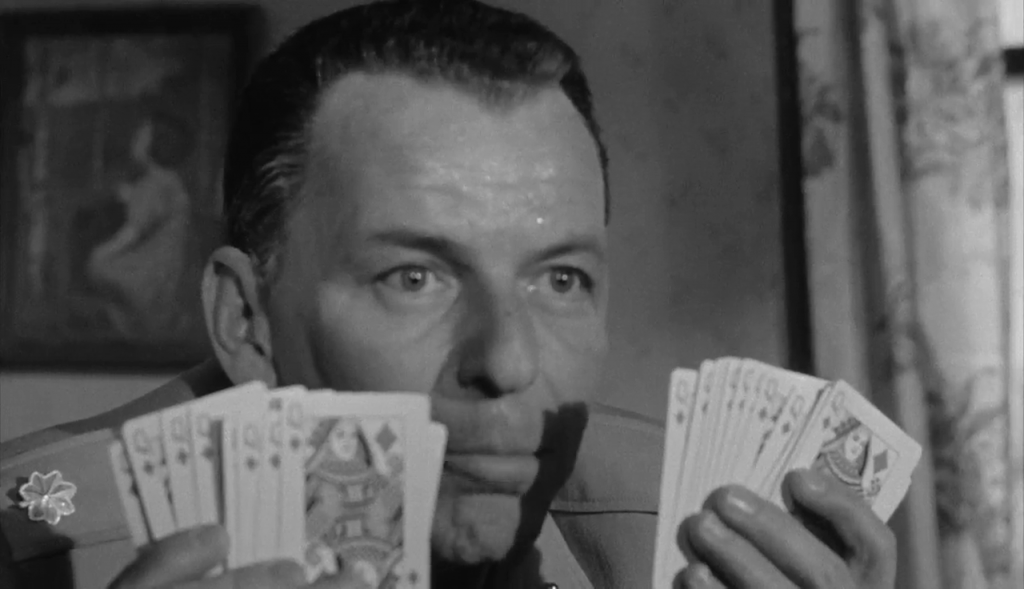
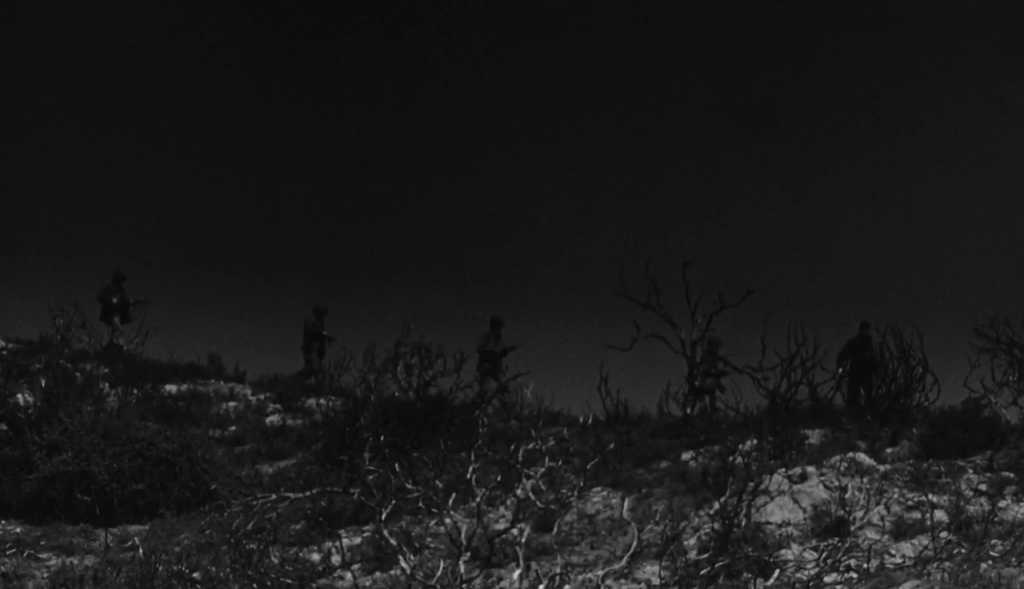
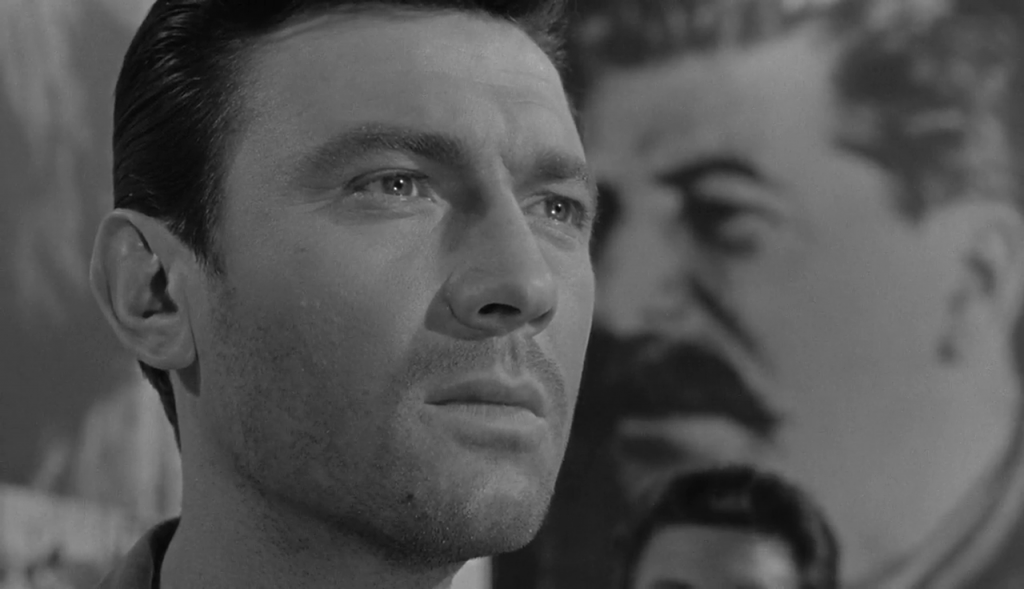
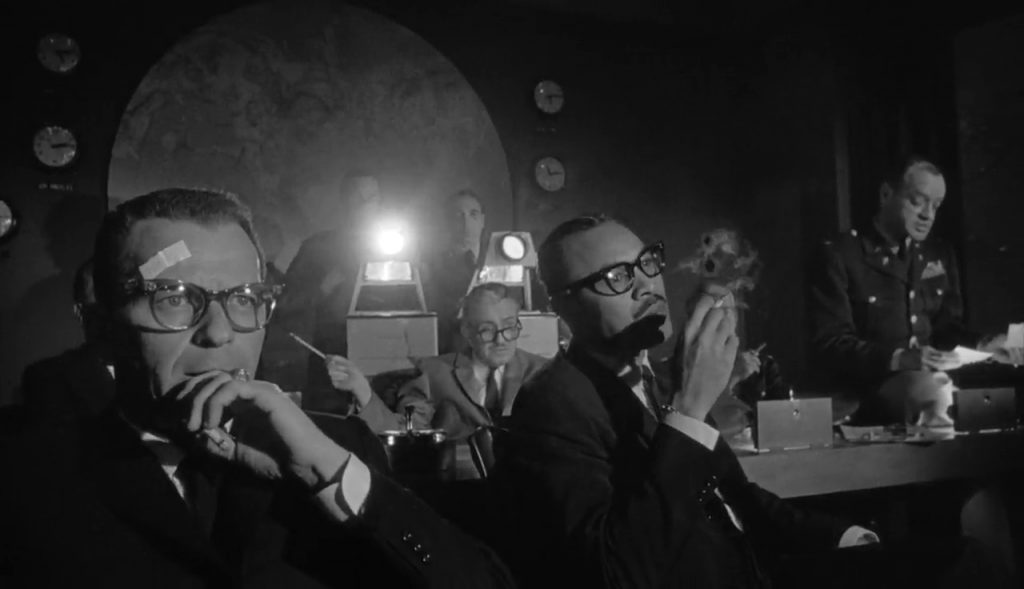
2 thoughts on “Manchurian Candidate, The (1962)”
A no-brainer must-see.
In the late ’80s, I happened to be in London when ‘TMC’ was brought back to theaters. Its long disappearance was not really a matter of its being “mysteriously out of circulation for 20 years”. Apparently, like most films, it had played out its run (but had been shown on tv a few times at least). The film was eventually screened at the NY Film Festival in 1987 and interest in it was renewed, so it was re-released…and re-evaluated as a classic. While in London, I read a local magazine article about it and ran to see the film, since it was playing there.
I’m linking an article below about ‘the truth’ behind ‘TMC’. It’s a rather compelling read. What I found most fascinating (among many other things) is that novelist Condon based the assassin’s mother on…Roy Cohn (!!!).
The film itself is indeed scary. As we know full well (esp.) today, infiltration alone is scary. But the dream sequences and the murders in this film are genuinely frightening…and the highlights of the film.
I’m a little puzzled that (in the assessment) the roles played by McGiver and Parrish seem unclear. That could, in a way, be understandable: McGiver is playing a moderate Republican (a very rare animal in today’s terms, since we now seem to have no apparent moderates in the Republican party). One of McGiver’s lines is perhaps my favorite line in the whole film: “One of your mother’s more endearing traits is her tendency to refer to anyone who disagrees with her about anything as a Communist.”
Actually, McGiver’s subsequent showdown with Lansbury re: whether or not he will support her husband’s vice-president nomination is my favorite scene – the superb writing is tense and the scene is crucial.
The film certainly holds one of Lansbury’s best performances – as well as standout turns for the careers of Sinatra and Harvey.
This isn’t a film I return to often – it’s a rather straightforward thriller and doesn’t hold that many secrets for repeat viewings. Nevertheless, it’s essential viewing – not only for film fanatics but for anyone interested in international relations in politics. Obviously it was a film before its time (for audiences, at any rate).
Its time is still with us.
http://historynewsnetwork.org/article/10787
Memorable movie. Great cast. Not an easy watch.